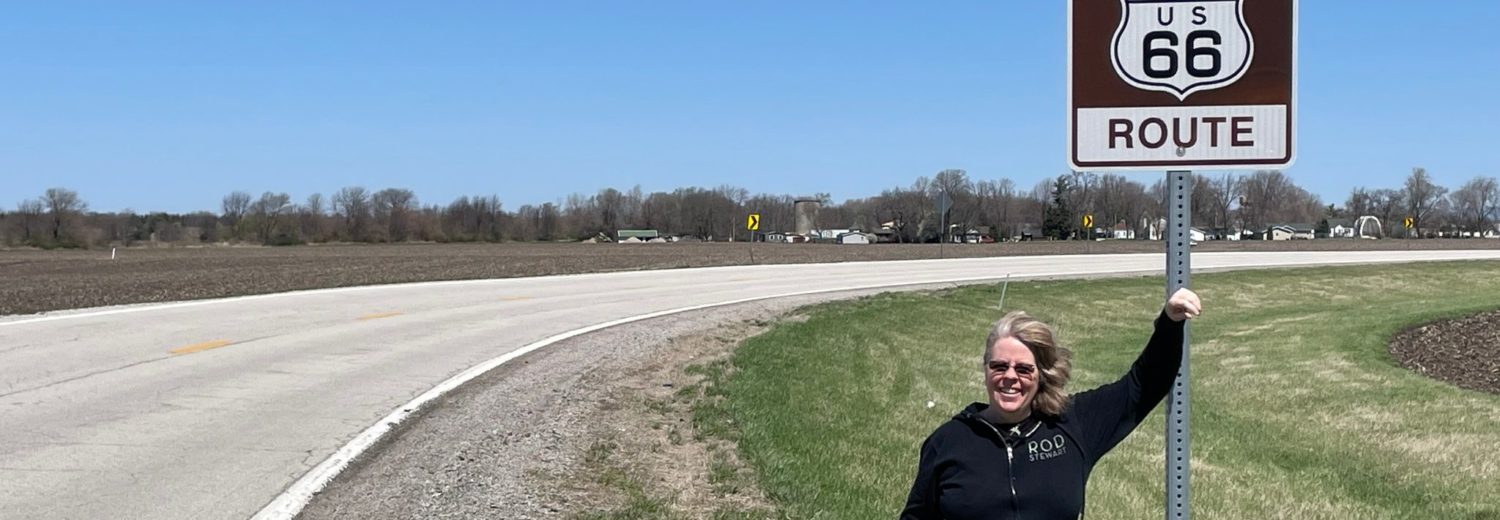I Had To Be The Problem.
There was something inside me screaming to get out in the summer of ’85. I didn’t know what it was; I just knew that something was desperately, horribly uncomfortable.
My youth was one long recognition that I was different. I was weird and I was unliked and I was never going to fit into the world the way I saw it. Everyone else seemed to know what they were doing. Everyone else seemed to get along with each other. Everyone else seemed to have a ton of friends and an understanding of how the world worked. Everyone else seemed to fit societal ideals. Everyone else seemed to have a grasp on what they wanted and needed in life. Everyone else seemed to reach out and grab what they wanted while I floundered in a ditch, watching.
I always felt like I was on the outside looking in. My whole life. And for this, I blamed my parents.
I was almost 21 years old and I believed my parents were to blame for absolutely everything that was wrong with me. Nature, nurture – doesn’t matter. It was my parents’ fault.
I saw my parents the way I saw the world: they knew what they were doing, understood how the world worked. They fit societal ideals; they knew what they wanted and needed in life and were able to get it. They were the epitome of the way I saw society.
And I didn’t belong in their world. Something was desperately wrong with me; I never, ever fit.
But I didn’t know what was wrong. There was no label for it, no name to identify what was causing my problems. It never – not once – occurred to me that nothing was wrong with me.
If I didn’t fit into the world the way it was, then I had to be the problem.
And of course, people told me I was a problem – particularly my parents. I didn’t feel like this because of the alcohol. I drank because I felt like this my whole life. Alcohol was just an accelerant.
And the rage building up inside me inevitably sparked and spit every time I walked into my parents’ house.
My parents responded the only way they knew how: by buckling down, trying to allow me some independence while also trying to enforce rules so they didn’t lose their own sanity. And I responded by breaking every rule, as often as I could, trying to break free of societal expectations, all while trying to find a place for myself in a world I didn’t really understand.
One particularly bad evening, the phone rang and no one was around. Normally I would have let it ring and ignored it, but I was bored so I answered it.
“Hello?”
“Is Kris there?” The voice on the other end of the line was low and growly and I was really, really bored.
I knew exactly who it was. It had been a few days and I had given him the wrong name and number – or so I thought – but here was the guy from the gas station, somehow calling me.
Nobody named Kris lived at my house; I reserved that name specifically for people who were too stupid to learn my real name. Part of me really wanted to claim “wrong number” and hang up.
But out of my mouth came a surprising reply.
“That’s me,” I said.
“Hey Baby,” he said. “It’s Larry.”
And that’s how I learned his name.
